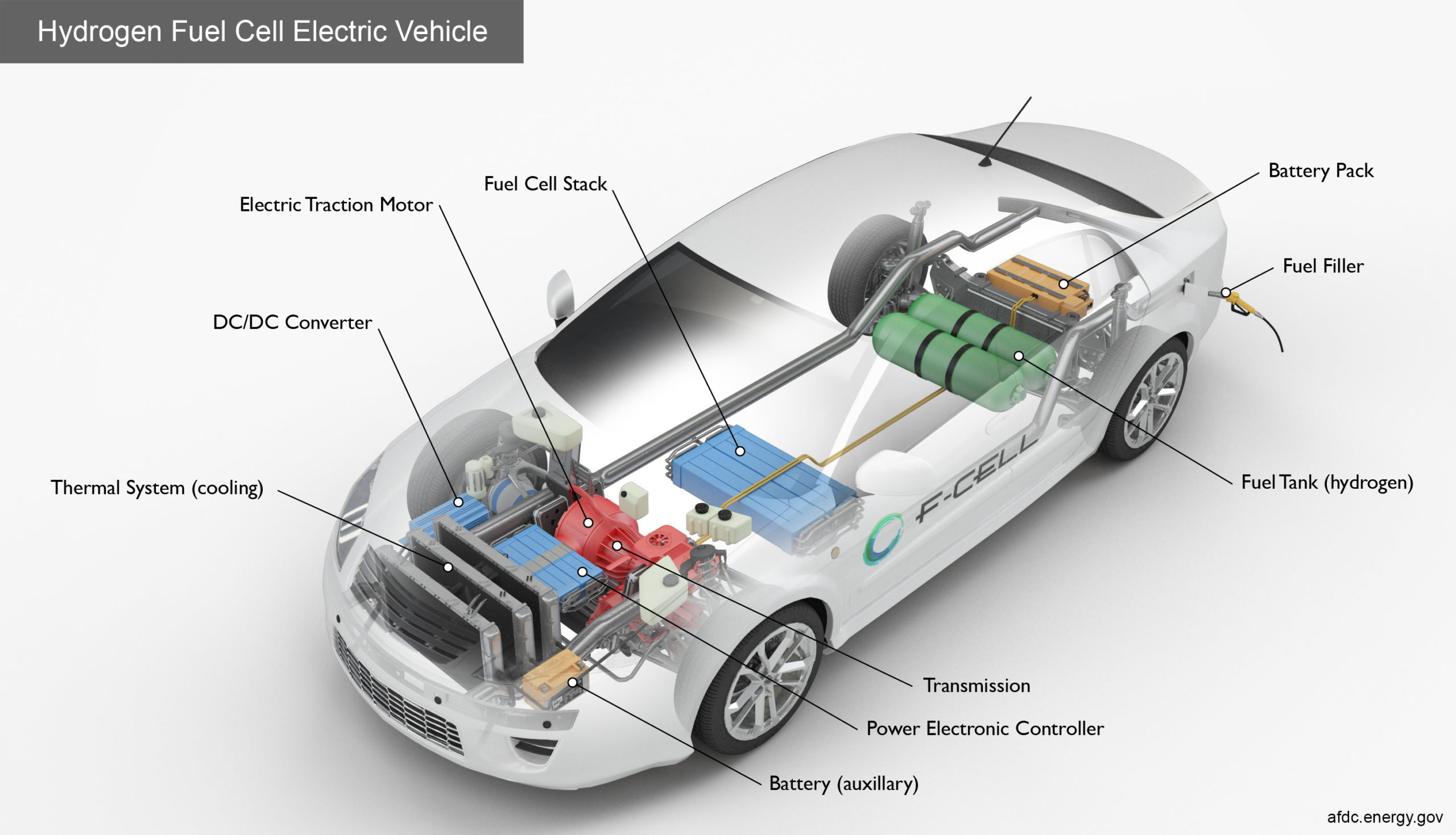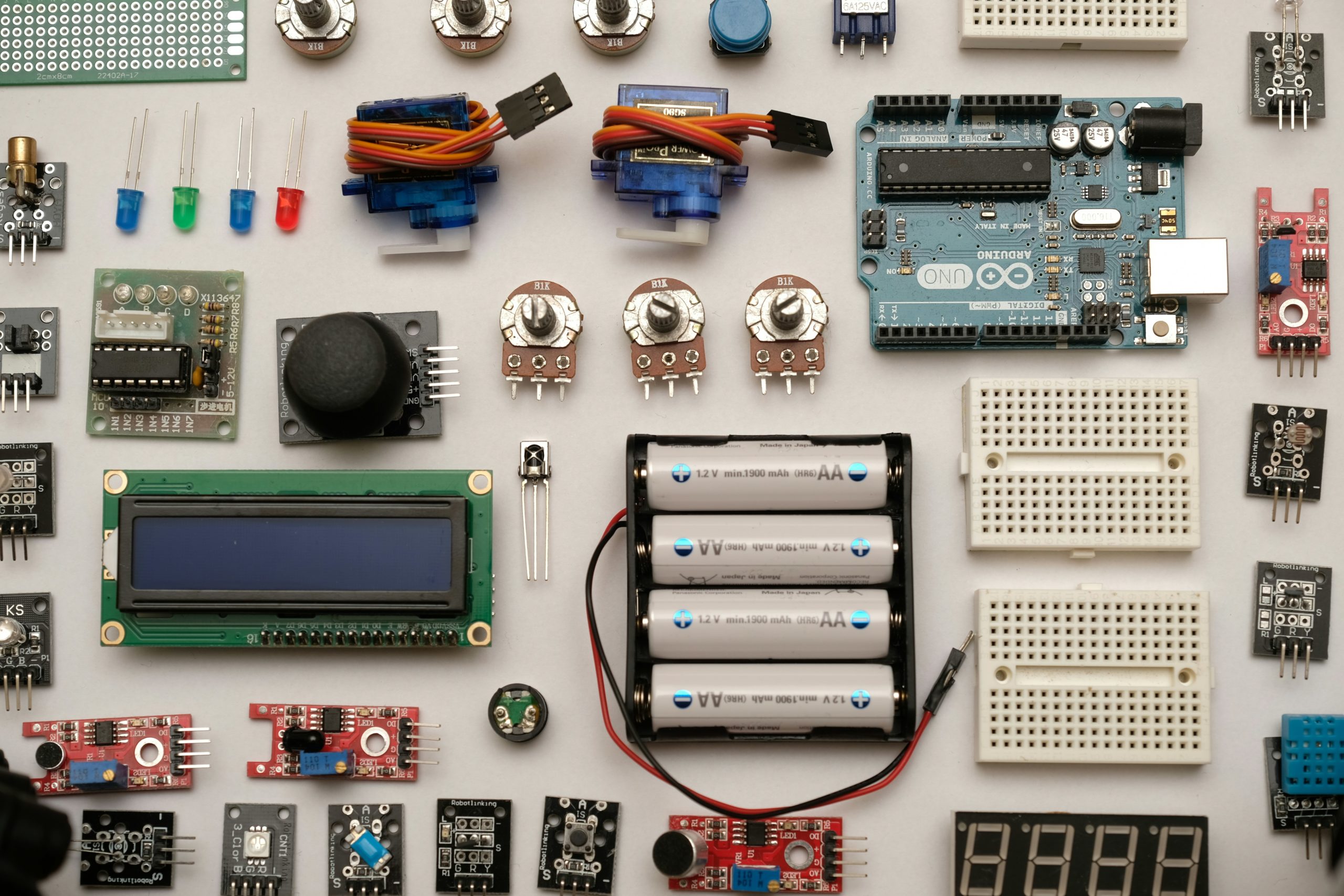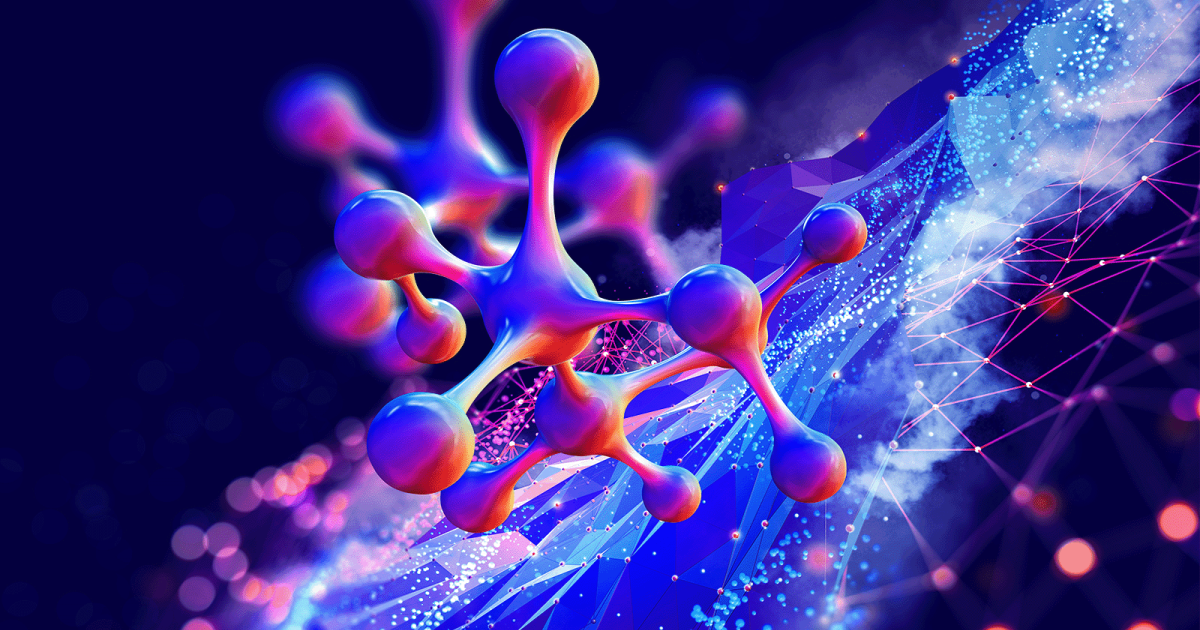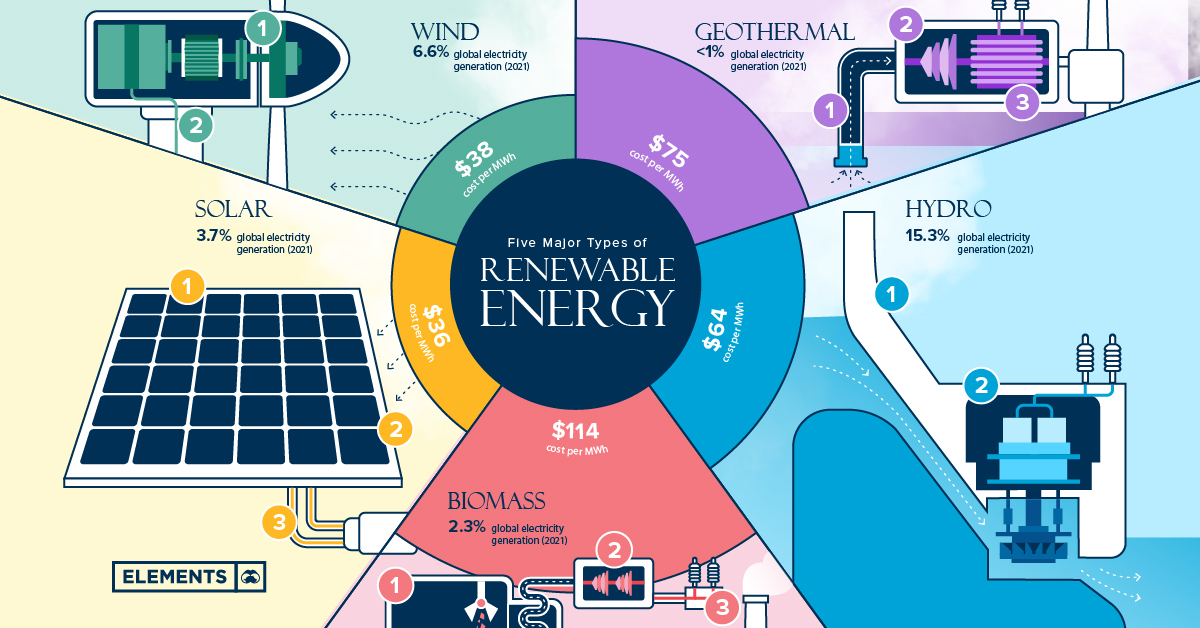How Hydrogen Fuel Cells Work and Their Potential Impact on Energy
Fueling the Future: Exploring the Potential of Hydrogen Fuel Cells
The world is in constant search of more sustainable and efficient sources of energy. Hydrogen fuel cells have recently emerged as a promising technology in this quest. They are highly efficient, produce only water as a byproduct, and could potentially replace fossil fuels in a variety of applications. In this article, we will explore how hydrogen fuel cells work and their potential impact on energy.
Breaking Down the Science: Understanding How Hydrogen Fuel Cells Work
Hydrogen fuel cells generate electricity by a simple chemical reaction between hydrogen and oxygen. The process starts when hydrogen gas is fed into one side of a fuel cell and oxygen into the other. The two gases then react and produce electricity and water as a byproduct. The electricity generated can be used to power electric vehicles, homes, and even entire cities.
The chemical reaction that takes place inside a fuel cell involves two electrodes, a positively charged cathode, and a negatively charged anode. The hydrogen gas that is fed into the anode splits into protons and electrons. The protons then pass through a membrane, while the electrons flow through an external circuit, generating an electric current. Meanwhile, oxygen from the air is diffused through the cathode and combines with the protons from the anode, producing water.
Hydrogen fuel cells offer several advantages over traditional combustion engines. They have much higher energy efficiency, as the chemical reaction generates electricity directly, instead of going through a series of inefficient processes. Moreover, they produce zero carbon emissions, which makes them ideal for powering vehicles, homes, and businesses without harming the environment.
Hydrogen fuel cells are still in their early stages of development, but they have already shown significant potential in a variety of applications. They are highly efficient, produce only water as a byproduct, and have the potential to replace fossil fuels in a variety of sectors. As we continue to search for more sustainable and efficient energy sources, hydrogen fuel cells are likely to play a critical role in fueling our future.













